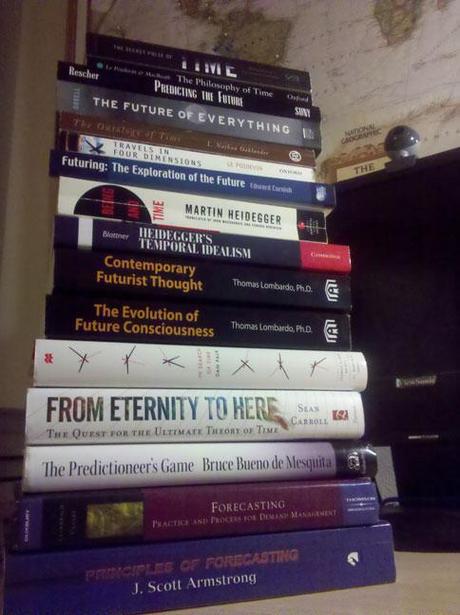
Being that it is July, and given that Independence Day for the United States of America is in just a few days, it seems fitting to make the Philosophy of History the theme of the month for Realizing Resonance. History is one of the richest topics of all, because all subjects have their own historical components to them. The study of history allows us to understand our present world, and gives us a tool for creating our future. Investigations into the monumental events, formative institutions, and great figures that shaped the course of history, helps us to recognize the ways in which we can shape our own time. History can be challenging to learn, complaints about the tediousness of memorizing historical dates abound, and there is always a concern that the next generation will not learn enough history, and will thus repeat its errors. History is often in dispute, with different sides to every story, gaps in the historical record, bias in the historical record, revisionism, translation and interpretation issues, plus the fact that much of the written historical record was kept by privileged elite.
Some Philosophers, such as Georg Wilhelm Friedrich Hegel and Karl Marx, wrote extensively about history, even proposing general laws of historical change. Hegel thought that history was guided by interplay between old and new ideas, that a dialectic between the previous generation and the current generation developed novelty through their tension, resulting in an eventual combination between the conflicting paradigms. Marx thought that the laws of history were materially based, and arose out of class struggle between those with property and those without, and his theories have had dramatic effects on historical events that shaped all the nations on Earth, especially during the decades on the Cold War, the ending of which was a historical event I witnessed in my lifetime. Charles Darwin’s ideas about descent with modification and natural selection have inspired evolutionary theories of historical change.
So my Resolution to Read for July is….
In his book, The Vikings, Robert Ferguson attempts to lay out the history of an illiterate group of people, which is no easy task. The book covers the years 793 AD to 1090 AD, a time in which the Vikings terrorized Europe and Christendom. I don’t know too much about this era in history, but am exciting to learn about it. I hope to understand the historical record a bit better, and I am especially intrigued to find out the means by which fearsome Viking pagans became civilized Christians, and to discover any vestiges of Viking culture that might be lingering in American culture today.
I am a philosopher who likes to think about Time a lot, I have my own theory of Time, which includes a theory of the past. The past is the record of realization. The historical record is different from the record of realization, and there is usefulness to this distinction. The historical record is the epistemological limitation on what we can know about the record of realization. Our window into the past is limited, and this incomplete and often flawed record of reality, likely presents a distorted view of the record of realization. As I read about the Vikings this month I will be thinking about what I learn in this context, and attempt to imagine distinctions between the historical record and the record of realization.
Happy Readings!
Jared Roy Endicott
 Subscribe in a reader
Subscribe in a reader

